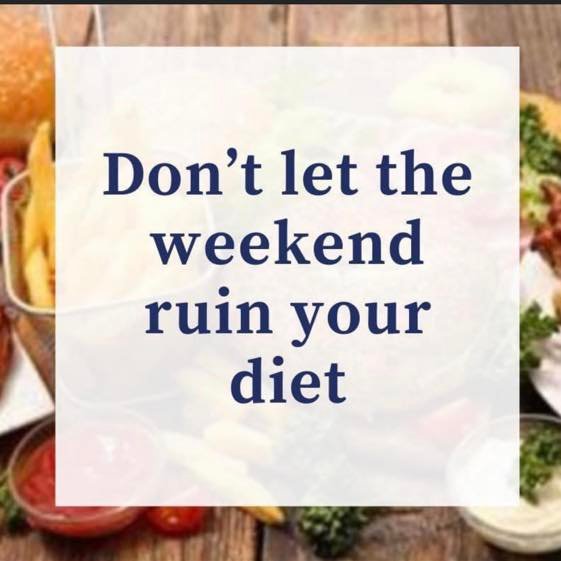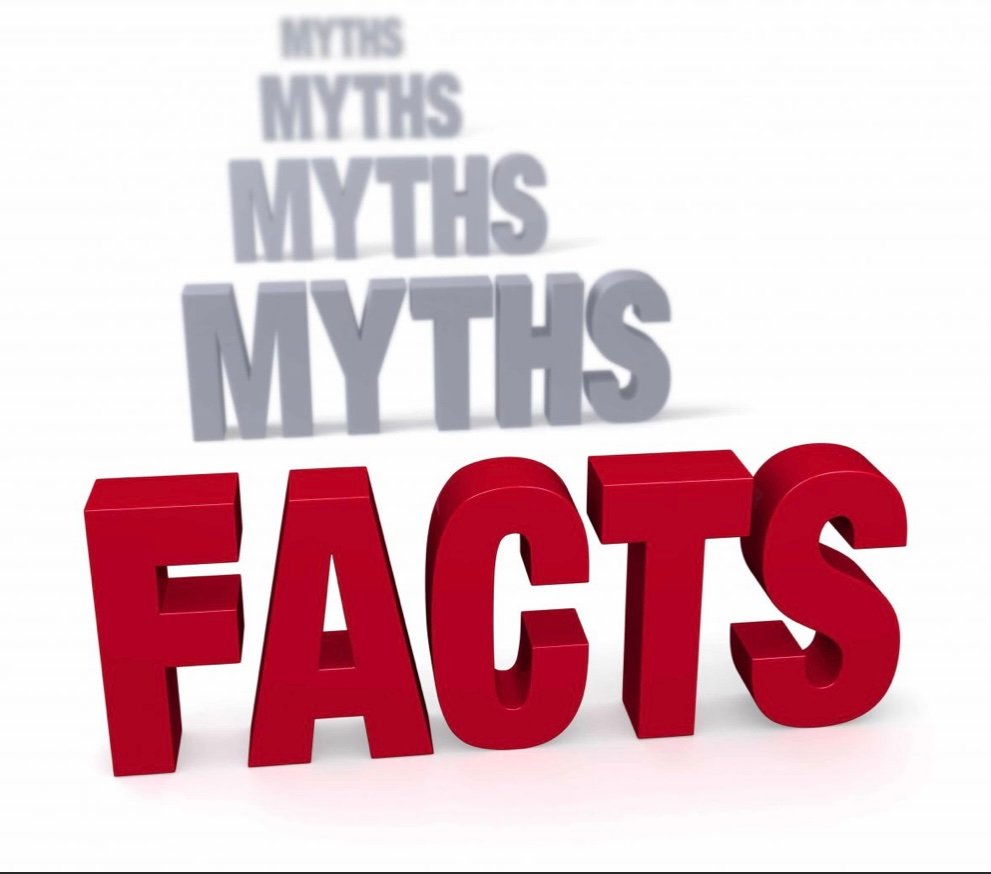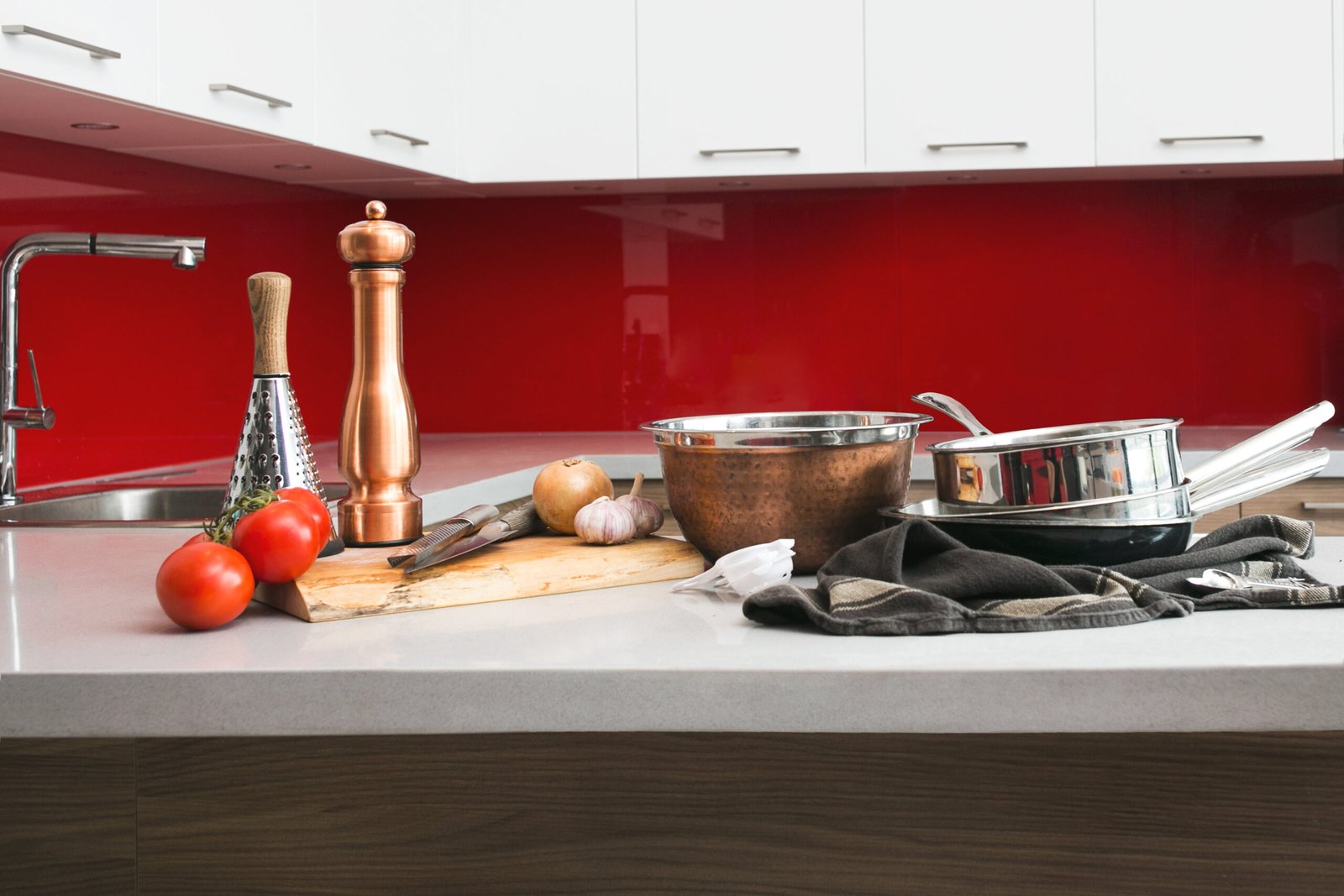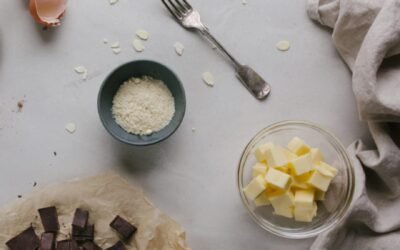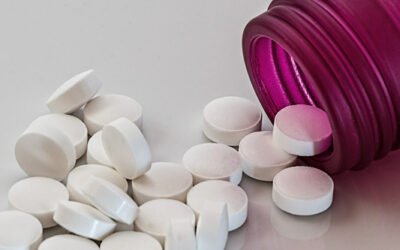We are now into the fifth week since the coronavirus first affected Malta. This has seen considerable changes in our life, some have stopped working, some are working from home, kids stopped going to school and so are spending all days indoors. Some may also have been affected psychologically as this has happened to all of us without any warning. We were not prepared for all this and we also have no idea how long this will carry on. However reducing exposure to the virus is required to slow the spread of this pandemic.
This is a great time to think healthy and eat healthy to boost the immune system!
PLAN WELL
The first step to eating healthy is to buy good nutritious food. When doing the shopping list plan ahead what you are planning to cook. One is spending more time indoors so there is definitely more food preparation involved. This does not necessarily mean that one has more time to cook especially if one is still working, or have kids having online schooling and need more help to get their studies done. So planning ahead is essential and knowing what to cook makes it much easier. Also this would save you trips to the supermarkets which is so important to minimise our close contact with other people. So prepare a food list to buy. This makes it less likely to forget food. You will also be less tempted to impulse buy on unhealthy food – limit purchases of crisps, chocolate, biscuits and ice cream. They are high in empty calories and high in fat. If you have more time available then you can prepare some healthy good snacks yourselves. Avoid opting for frozen dinners as these are most high in sodium, fat and calories.
If you have children at home do include them in the meal planning and actual preparation of the food. This is an ideal time to teach kids about food and nutrition. When kids choose and prepare their own food there is a greater chance for them to eat it. This will also engage them for some time.
NUTRITIOUS FOOD
Choose food that is low in fat, sugars and salt. Emphasise on grains, fruit, vegetables, lean meats, fish and low dairy products.
Bread, Cereals & Other Grain Products
When shopping for grain products, always choose whole grain food. When choosing cereals, make sure you check the food label and opt for ones that are lower in sugar and fat.
Vegetables & Fruit
Choose fresh or frozen vegetables and fruit. Avoid canned vegetables as they are high in salt. Canned fruit are also higher in sugars. Choose different coloured vegetables as these will have different vitamins and minerals. Cooked or raw vegetables are a good source of vitamins, minerals and fibre. Limit butter, salad dressing and salt when preparing vegetables to help you control fat, energy and sodium intake.
During this time opt for sturdy fruit and vegetables that will last longer. Remember that trips to the supermarkets are less frequent.
Legumes
Legumes such as beans, lentils are low-fat, nutrient and fibre rich food choices. These are good to stock on as they have a longer shelf life.
Meat, Fish & Poultry
Meat, fish and poultry provide essential minerals such as zinc and iron, Vitamin B’s as well as protein. Always opt for lean meats. Plan to have once a week an oily fish such as salmon and another time white fish.
Fish and poultry have less fat so it is a healthier option.
Milk & Dairy Products
It is important to include the dairy products as this is our primary source of calcium. Choose non fat or low fat milk, yoghurt and cheeses. As the visits to the supermarkets are less frequent one may opt for long life or powdered milk instead. Also choose cheeses that have a longer shelf life.
WHEN SHOPPING
When shopping during these times always remember to sanitise your hands before and after shopping. Sanitise also the handle of the grocery cart. Once back home remember to wash your hands thoroughly.
The least one can do is wash their hands after unpacking and putting away the groceries. Studies have found out that the virus was detectable on plastic and stainless steel for up to 72 hours and on cardboard for up to 24 hours later. So this also includes produce and packaged foods.
So you can take additional steps to protect yourself by wiping or washing cans and boxes of food before storing them. Alternatively, one can also keep aside the products bought for 72 hours before using and storing them.
When one is ready, you can wash any tables, counter tops or other surfaces that came into contact with the groceries. And wash your hands once again.
For fruit and vegetables, you should wash them thoroughly for at least 20 seconds with water and suitable soap.
Let’s use this time at home wisely.
Let’s make the most out of the situation and give our health a priority!

